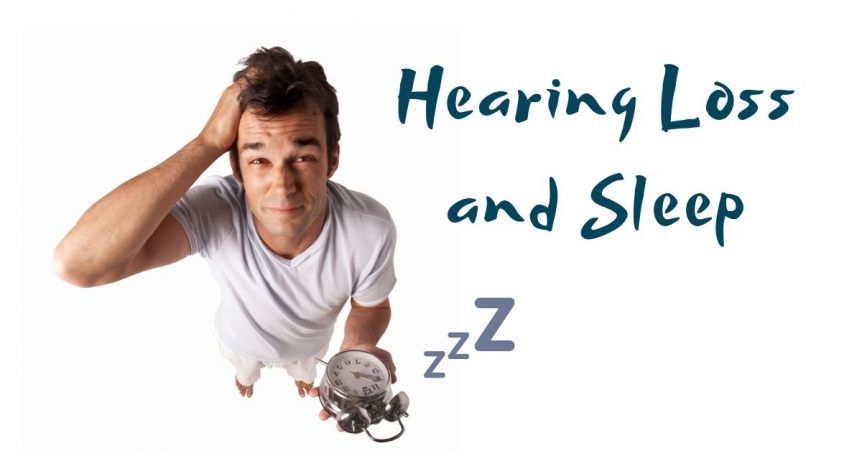- The Impact of Pets on Emotional and Hearing Health - April 26, 2024
- Strategies for Coping with Single-Sided Deafness - April 16, 2024
- Effective Strategies for Sharing Your Hearing Loss Journey - April 16, 2024
Our senses are intimately connected to the ability to get restful sleep, but the relationship between them is quite mysterious. Why is it that we are able to sleep through distracting sounds sometimes, but an alarm can wake us up? Have you ever had the experience of hearing something in real life, and somehow the sound works its way into your dreams? Much remains to be known about the connection between our senses and the ability to sleep. How much do we gather through our senses while we sleep, and how much of that remains in the conscious mind?
Although these connections are not fully understood, we have all had the experience of our senses interrupting sleep. Loud sounds or bright lights can easily disturb sleep, and the louder or brighter they are, the more difficult it can be to find rest. This connection between hearing and sleep has been the subject of several recent studies, and some relationships are known. The range of hearing ability is acutely tied to our sleep ability, but it is not as simple. Three different types of hearing have different relationships with sleep: deafness, tinnitus, and hearing loss.
Sleep & Congenital Deafness
Those who have congenital deafness, the term for those who are born without hearing ability, have a higher rate of insomnia than those with hearing ability. We know that restful sleep is not as simple as the amount of time spent at the activity. Rapid Eye Movement (REM) sleep is essential to the feeling of rest, but another form of sleep is also important: Delta sleep. This type of sleep is very deep, and often dreamless. Without the ability to reach Delta sleep, we cannot wake with the feeling of rest, and Delta sleep is also related to the formation of memories and mood regulation. Those who have congenital deafness sometimes have a hard time reaching Delta sleep, because their sleep is easily disturbed. The relationship between Delta sleep and congenital deafness may also have to do with other conditions, such as depression. Congenital deafness is also related to higher rates of depression, and depression can cause a range of sleep disorders, ranging from insomnia to restless sleep.
Sleep & Tinnitus
Tinnitus can also be a challenge for getting restful sleep. Tinnitus is the condition of ringing in the ears, but it can also denote a range of other noises, such as hissing, whining, roaring, or buzzing. These sounds can get in the way of restful sleep much like a person who is sleeping in a noisy sleeping environment. In addition to these challenges to sleeping, tinnitus is also related to depression and anxiety in much the same way that congenital deafness can be. Those with tinnitus tend to have higher rates of sleep disorders than the general population, as well.
Sleep & Acquired Hearing Loss
Those with hearing loss developed later in life have a more complicated relationship with sleep. Although some certainly experience sleep disorders, others find it easier to sleep without the distracting sounds that once would have disturbed them. Research studies with guinea pigs showed higher rates of REM and Delta sleep among those animals with hearing loss. Of course, this research is inconclusive, and may other reports are anecdotal. We do know that the experience of sleep is highly variable and subjective, making it difficult to make any broad generalizations.
Does Hearing Aid Use Affect Your Sleep?
Those who use hearing aids face another challenge to the prospect of restless sleep. Many find that using hearing aids during the day is quite helpful for restful sleep when they take them out before bed. The silence they experience can be very restful. However, some people with hearing loss are tempted to wear their hearing aids at night in order to hear a wake-up alarm, emergency alerts, or the sound of child crying or calling out for support.
Though you may be tempted to wear hearing aids at night, most hearing aids are not designed for this kind of use. Our ears need time to breathe, and nighttime is the best time to get that space to recalibrate our hearing.
New Leaf Hearing Clinic
If you think you may have hearing loss, be sure to talk to our team at New Leaf Hearing Clinic. We provide comprehensive hearing health services, and we’re here to help!

